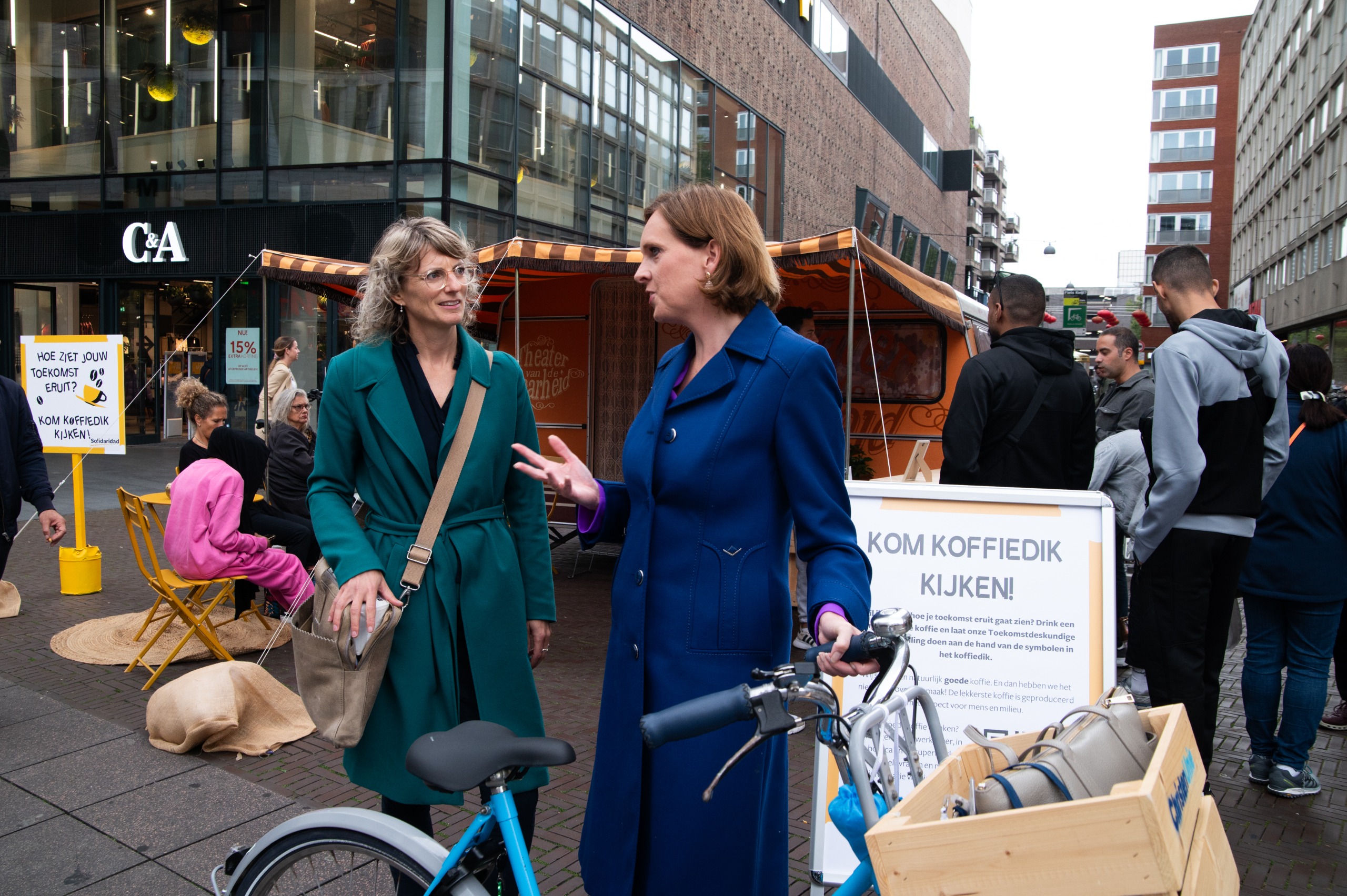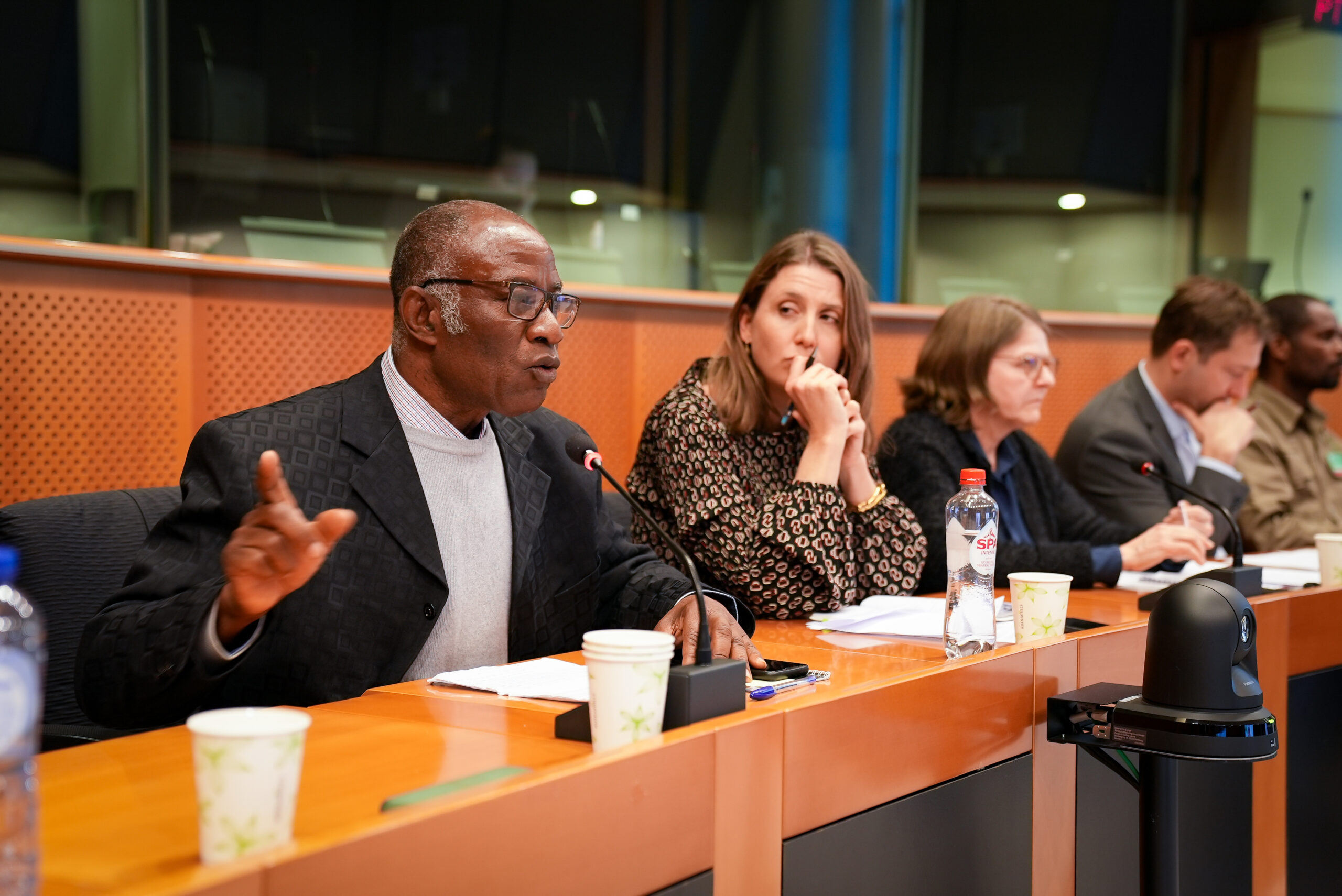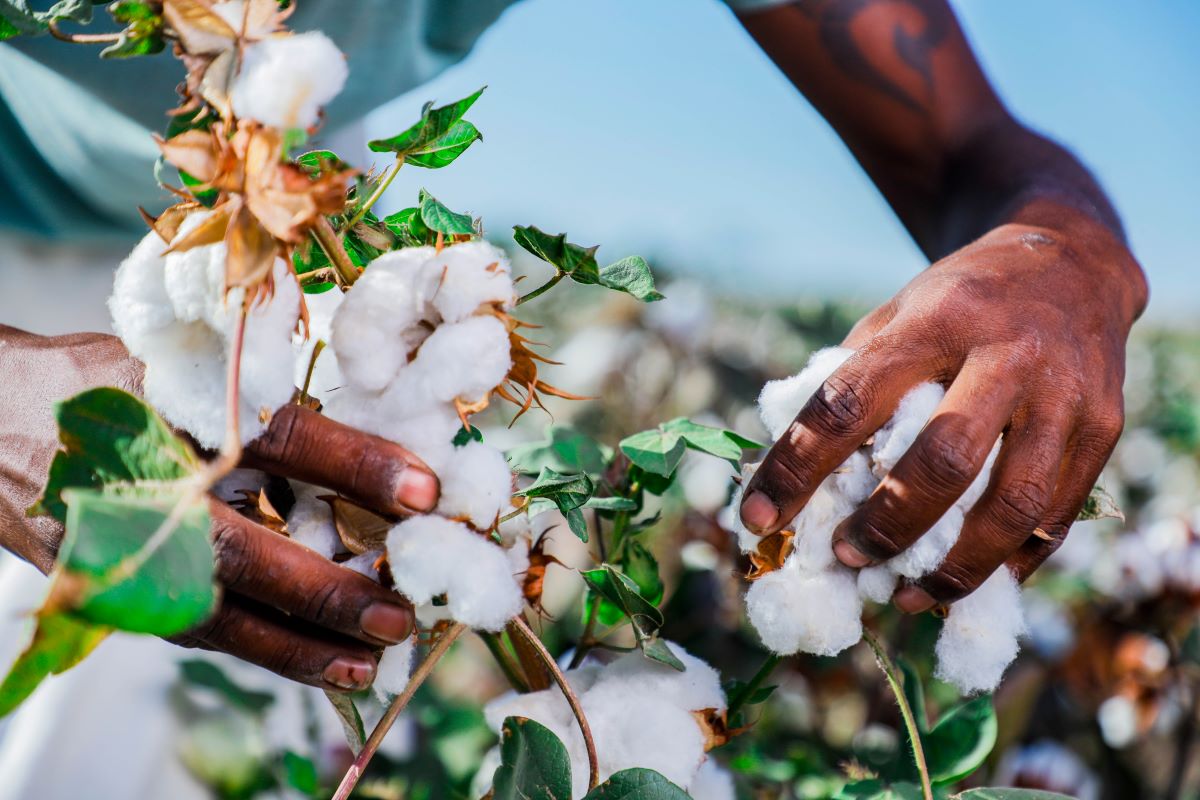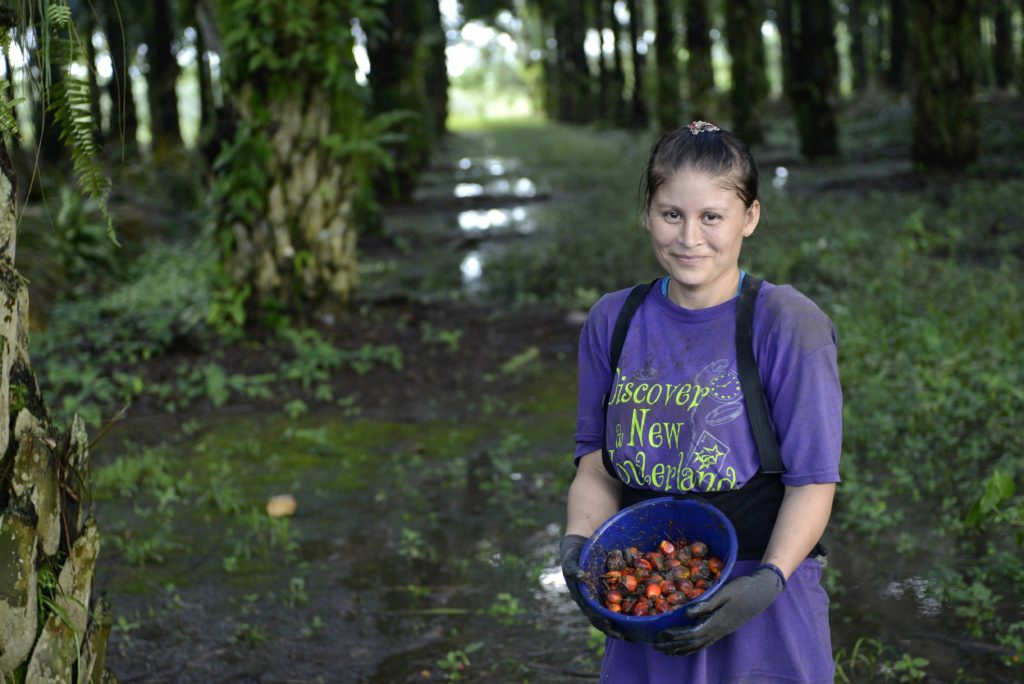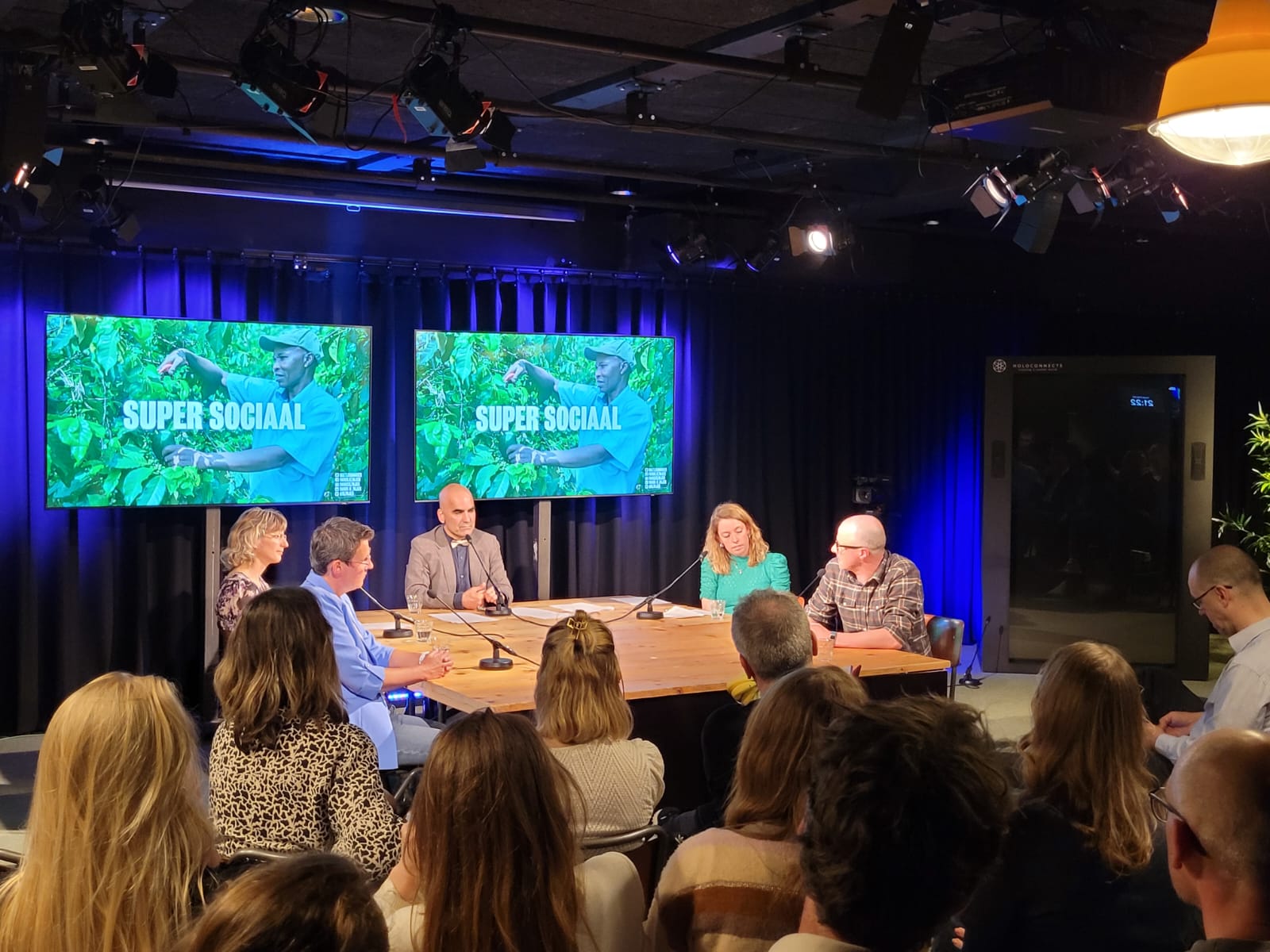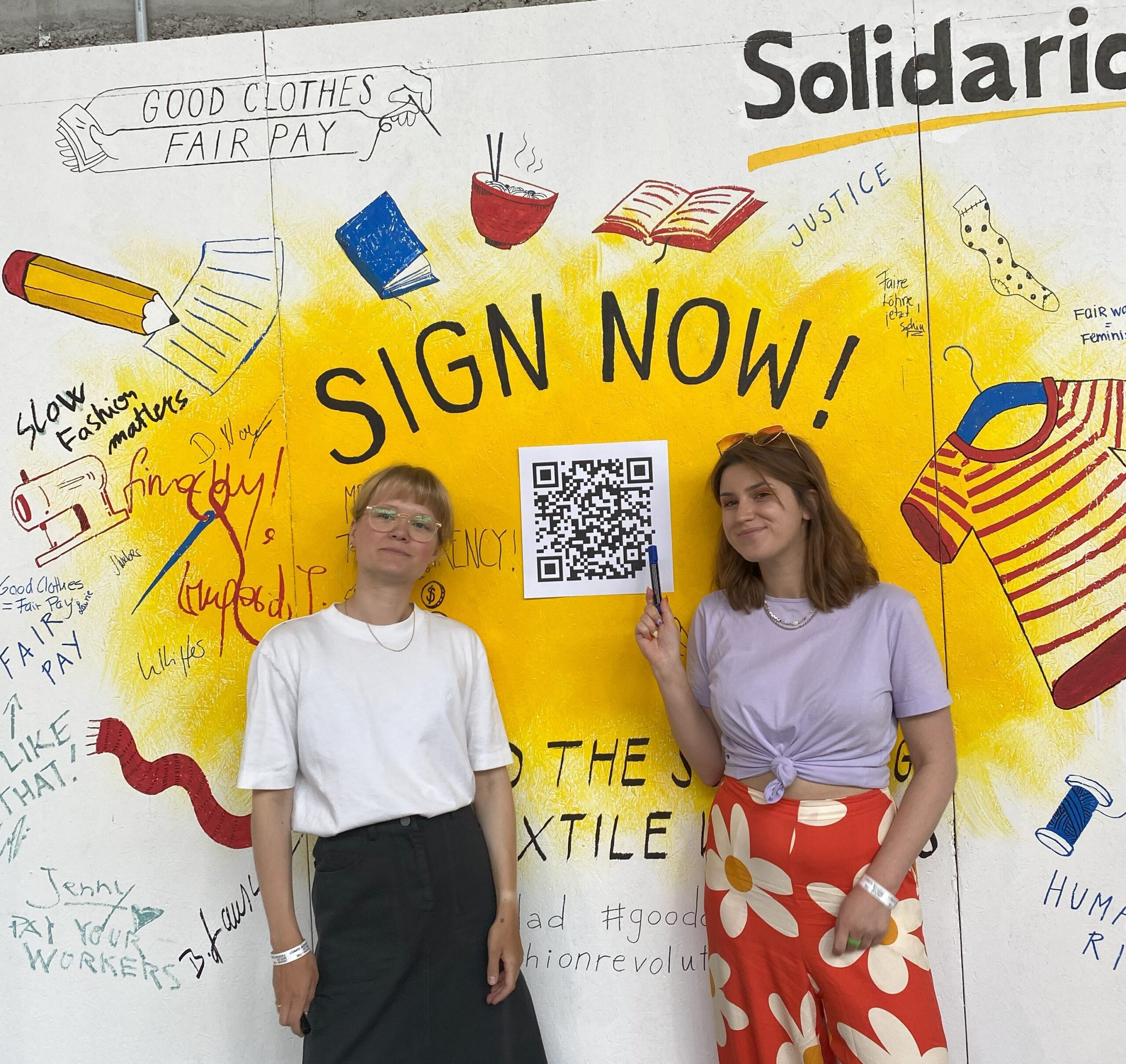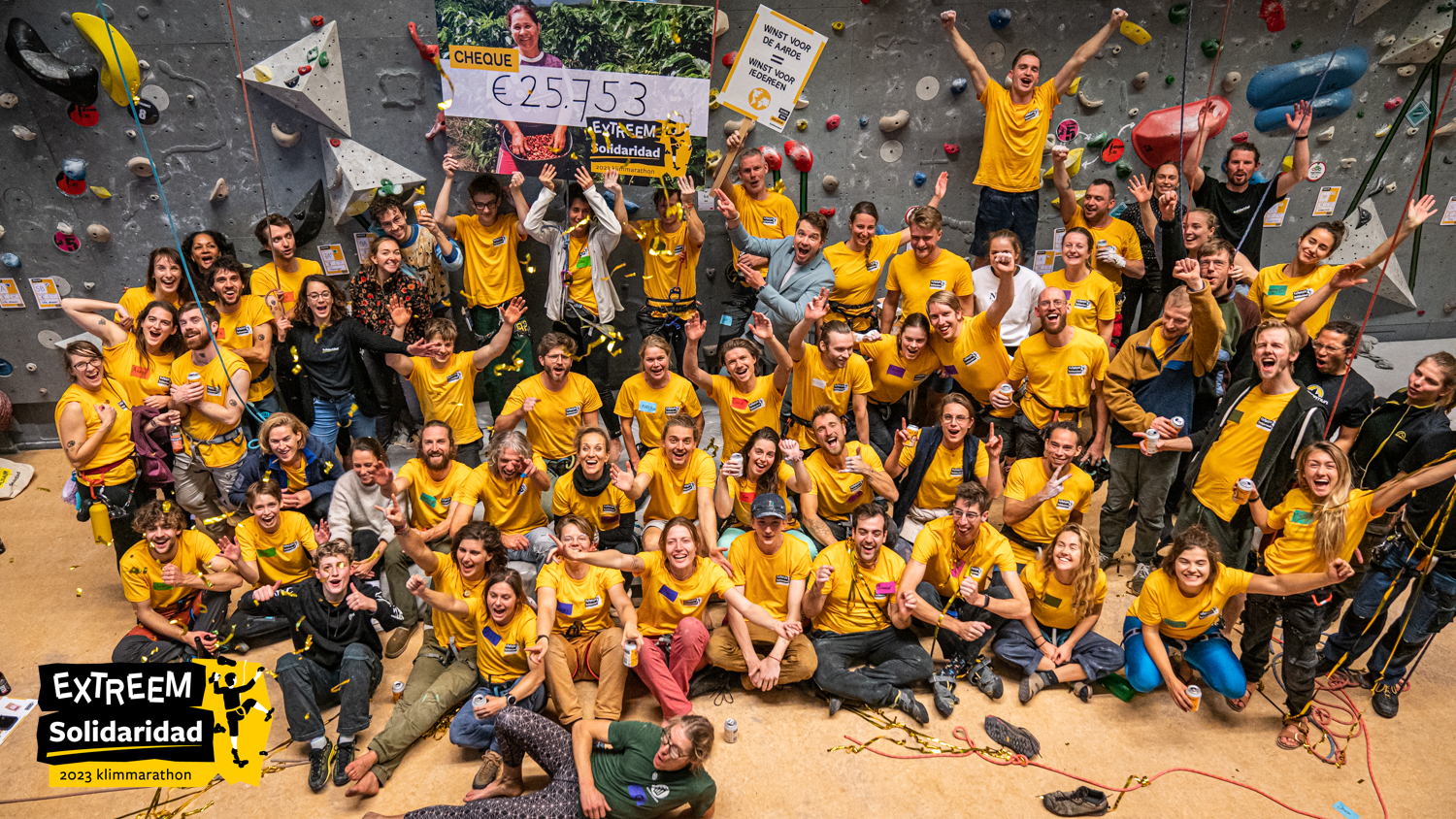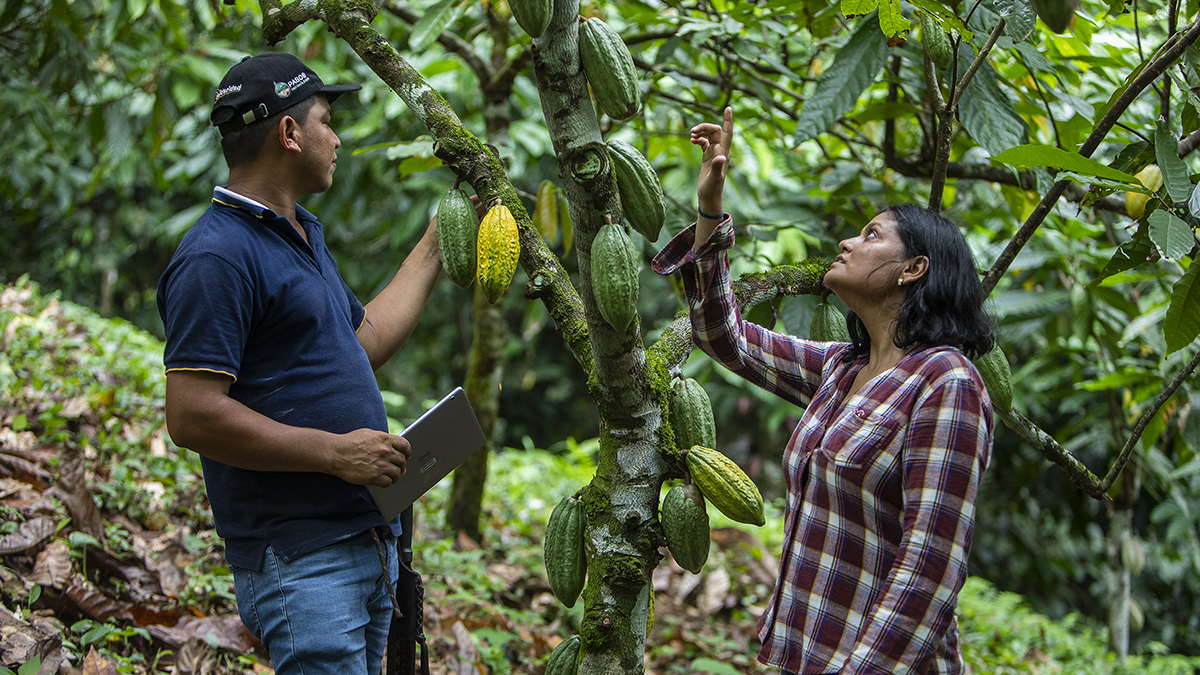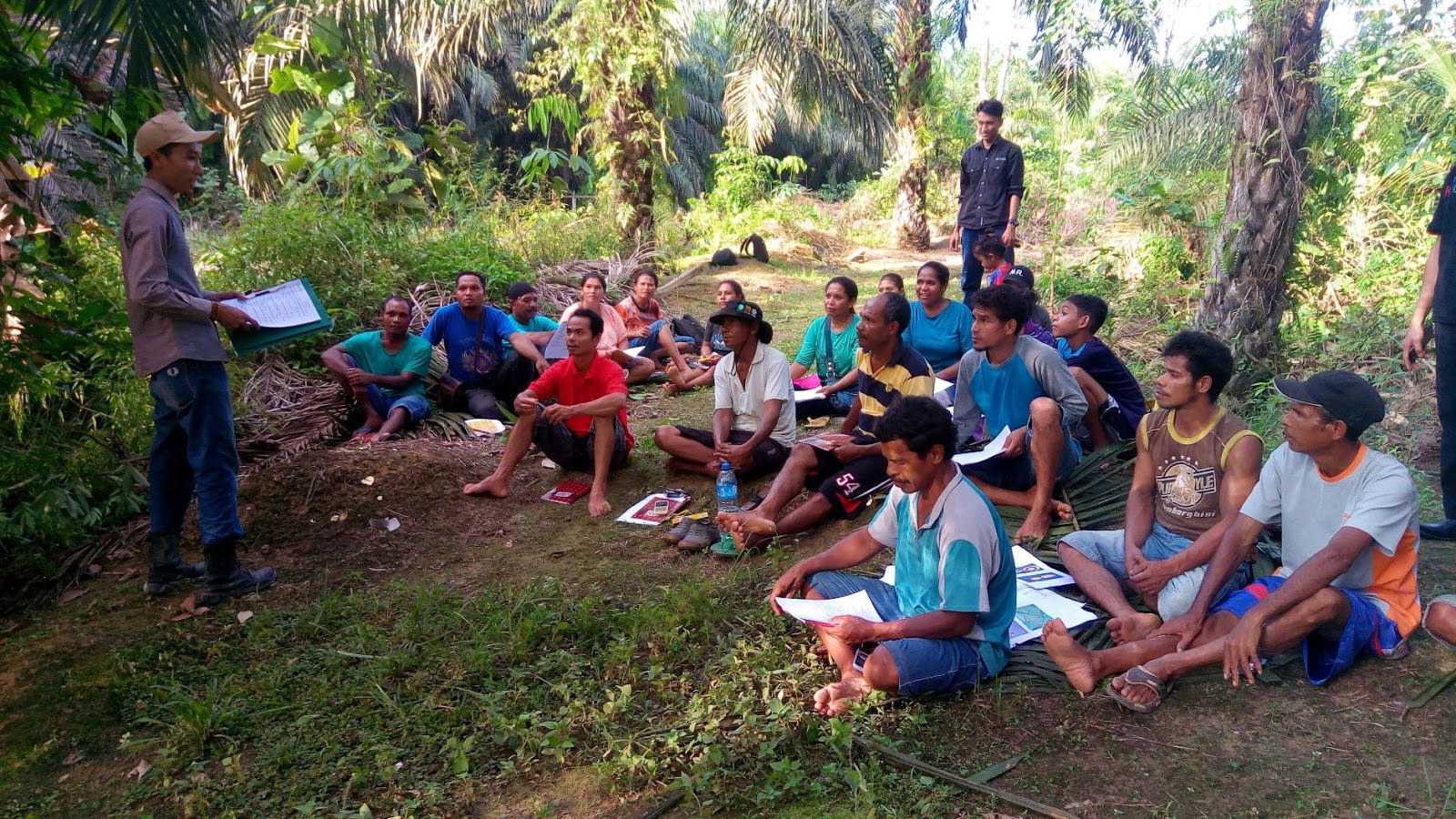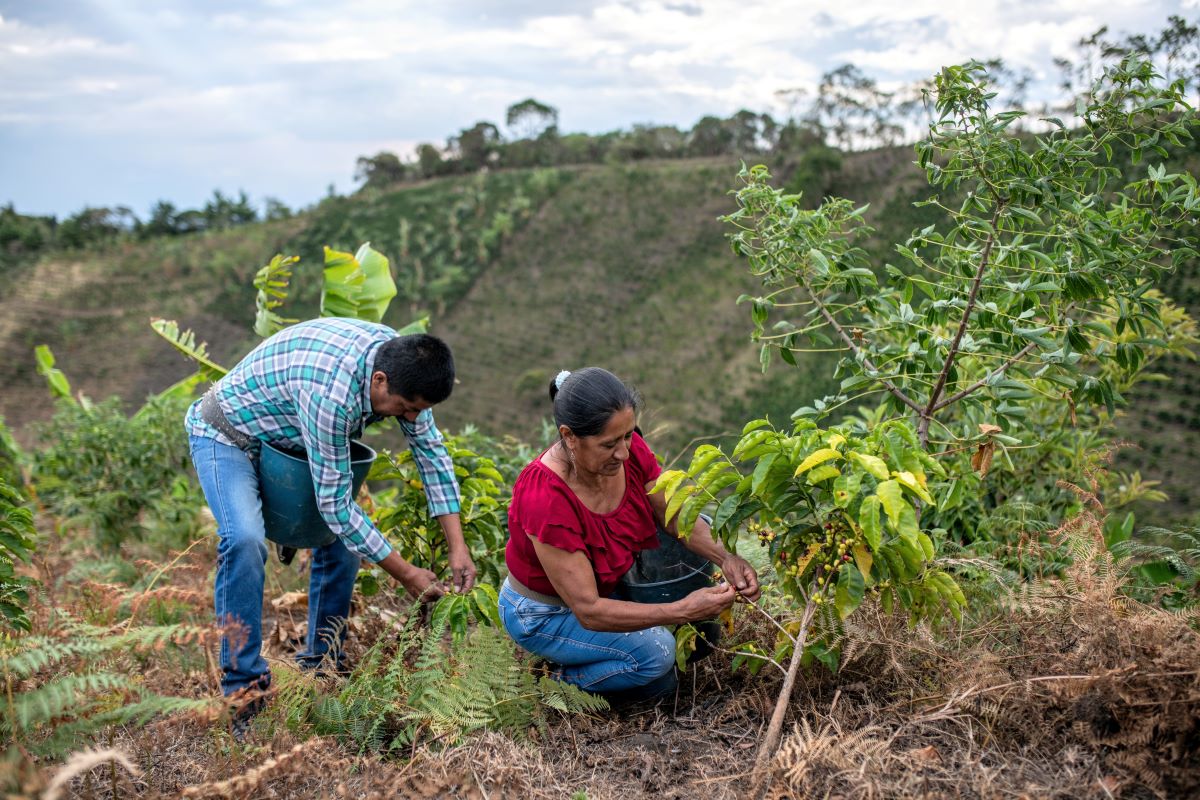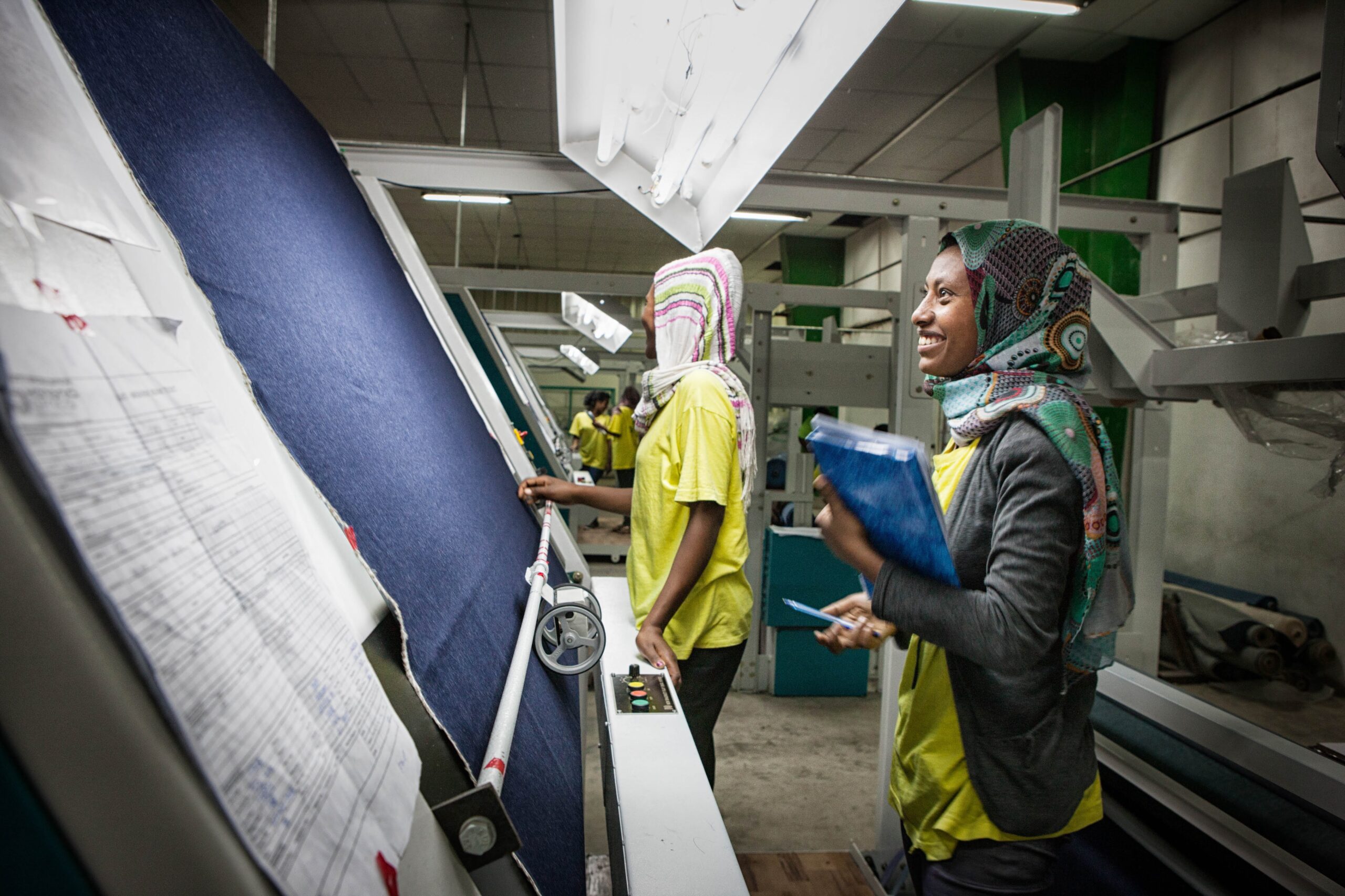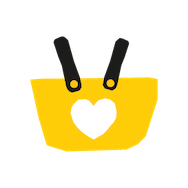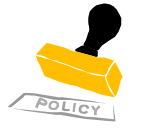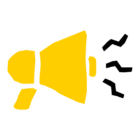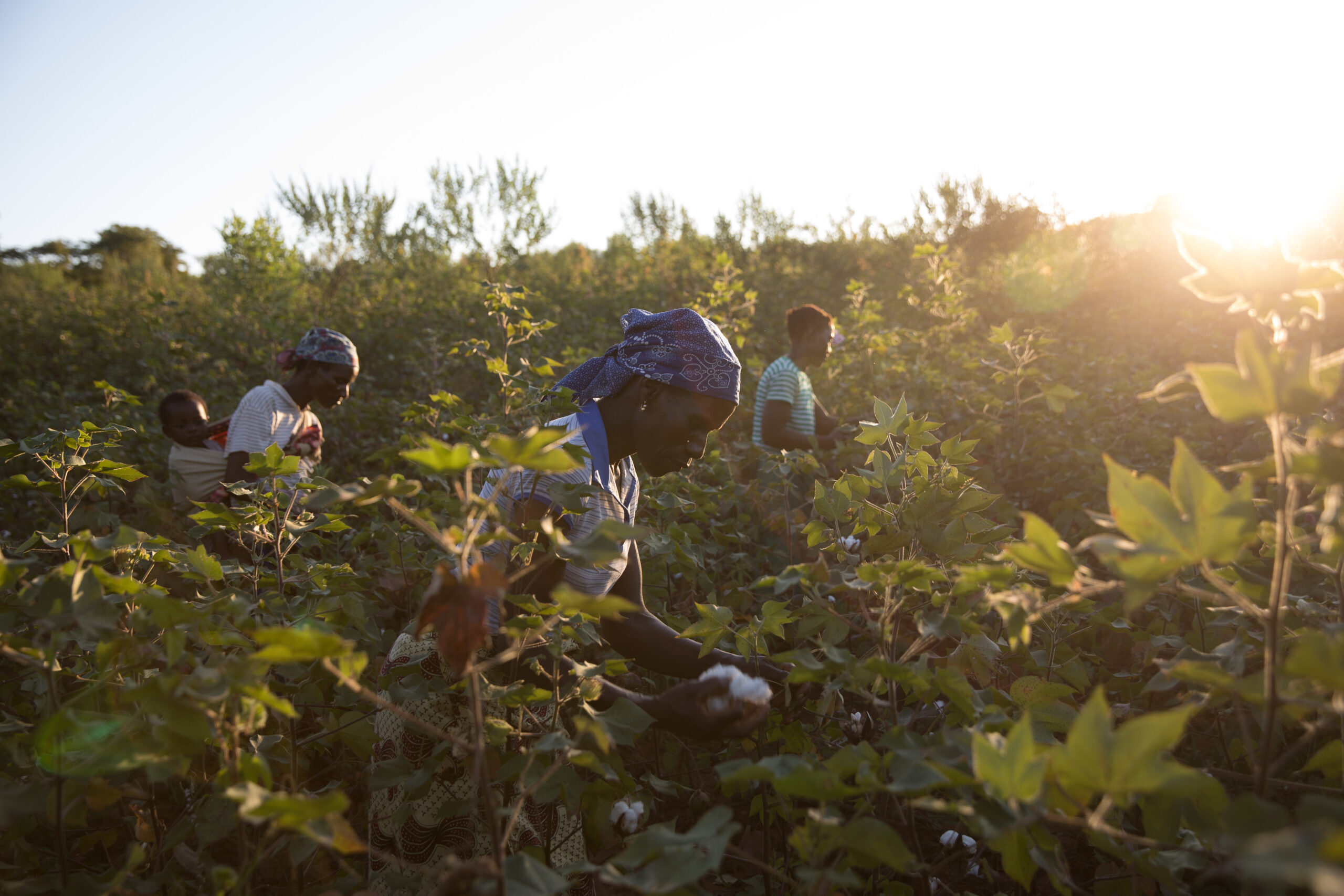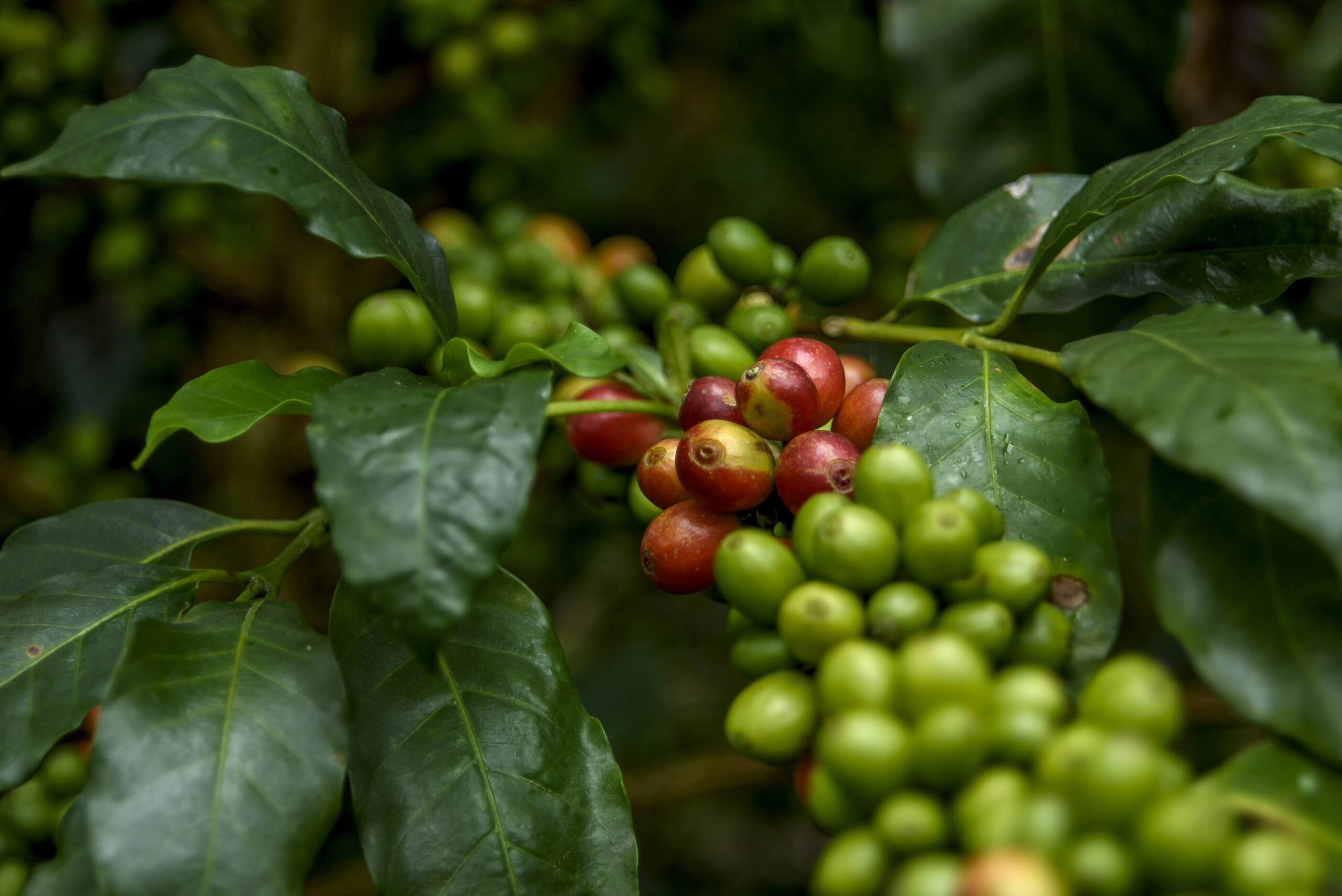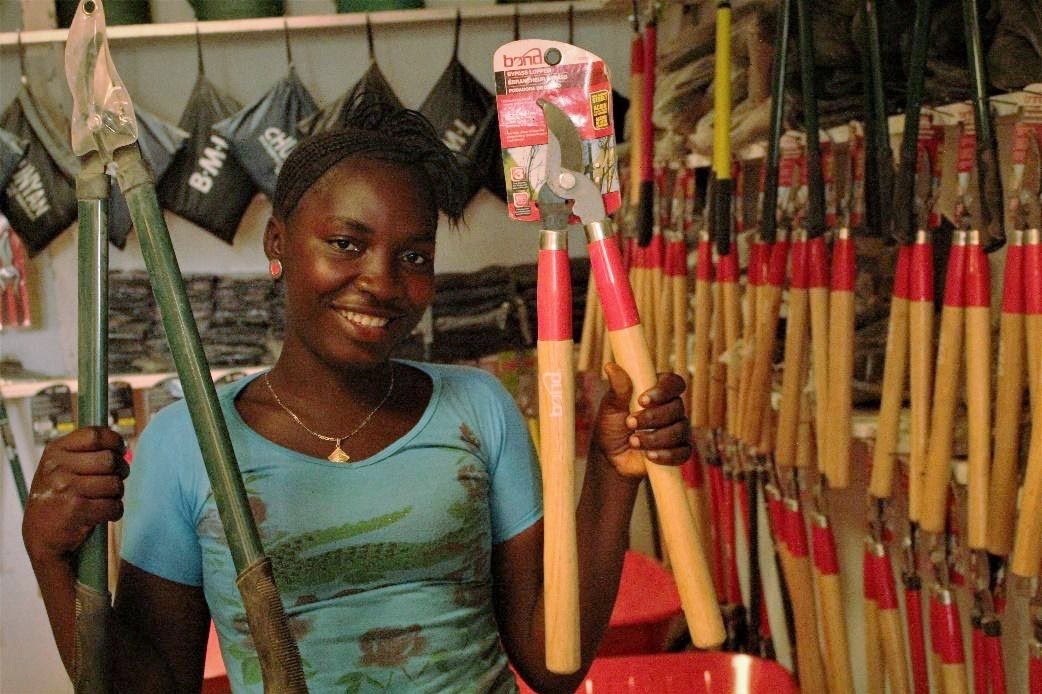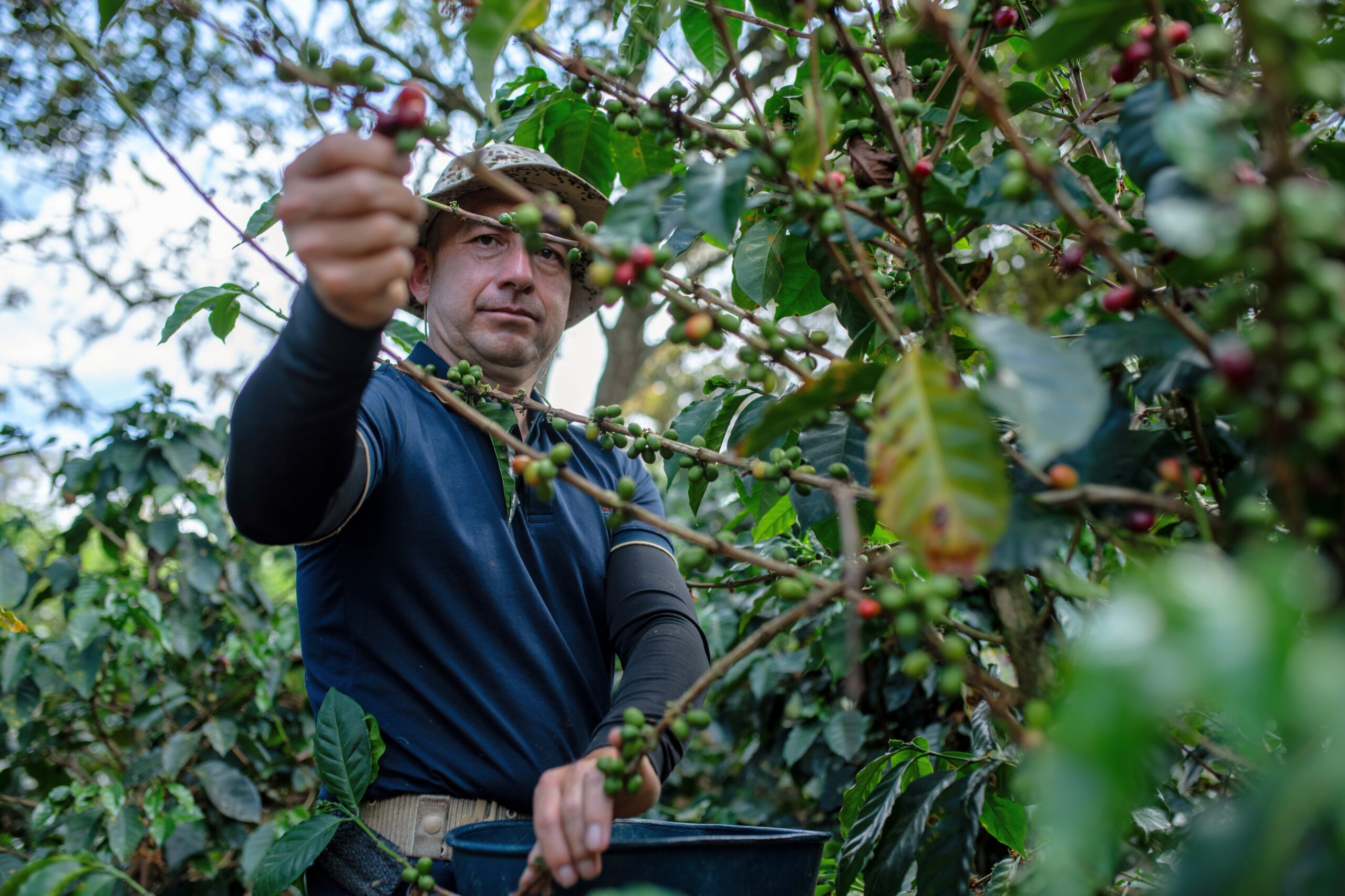Highlights
Results
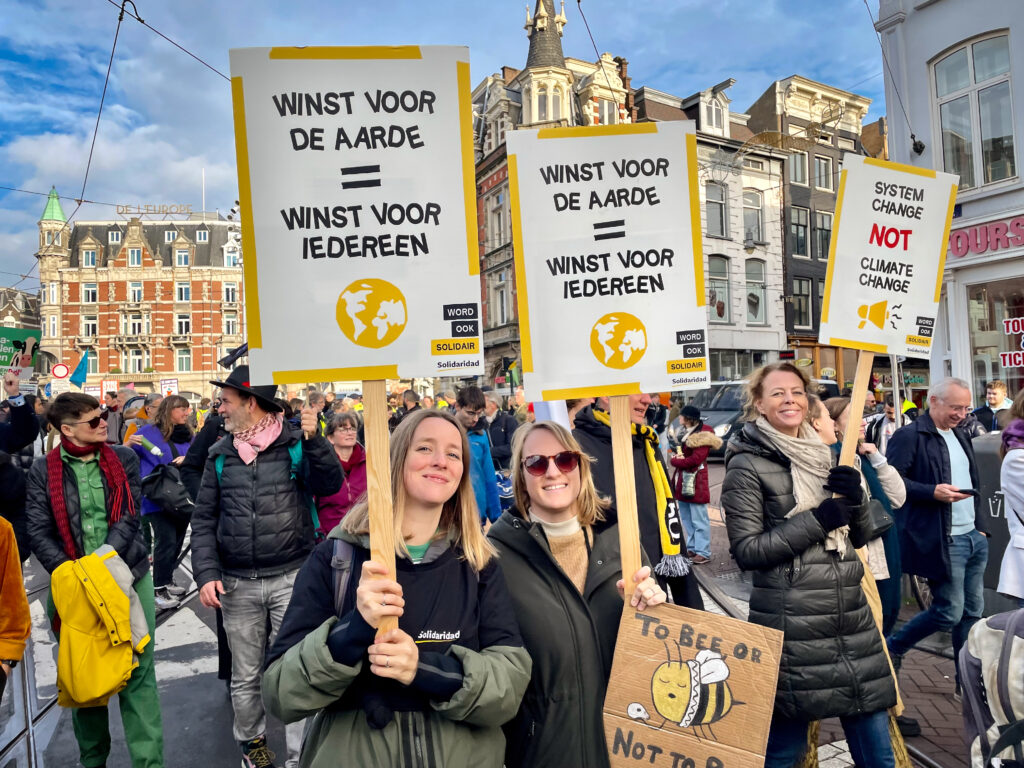
Advocacy and collaboration in Europe and beyond
Our impact in 2023
2023 was a turbulent year worldwide with growing socio-political divisions that became increasingly visible; in Europe this included demonstrations by European farmers and climate activists. Citizens are worried about their social and economic well-being, now and in the coming years. Within this context, tackling global challenges requires partnerships and collaborations, which is an essential part of Solidaridad’s work. Stakeholders in Europe are well positioned to effect positive change and must act upon their responsibility to do so.
Change that Matters Stories
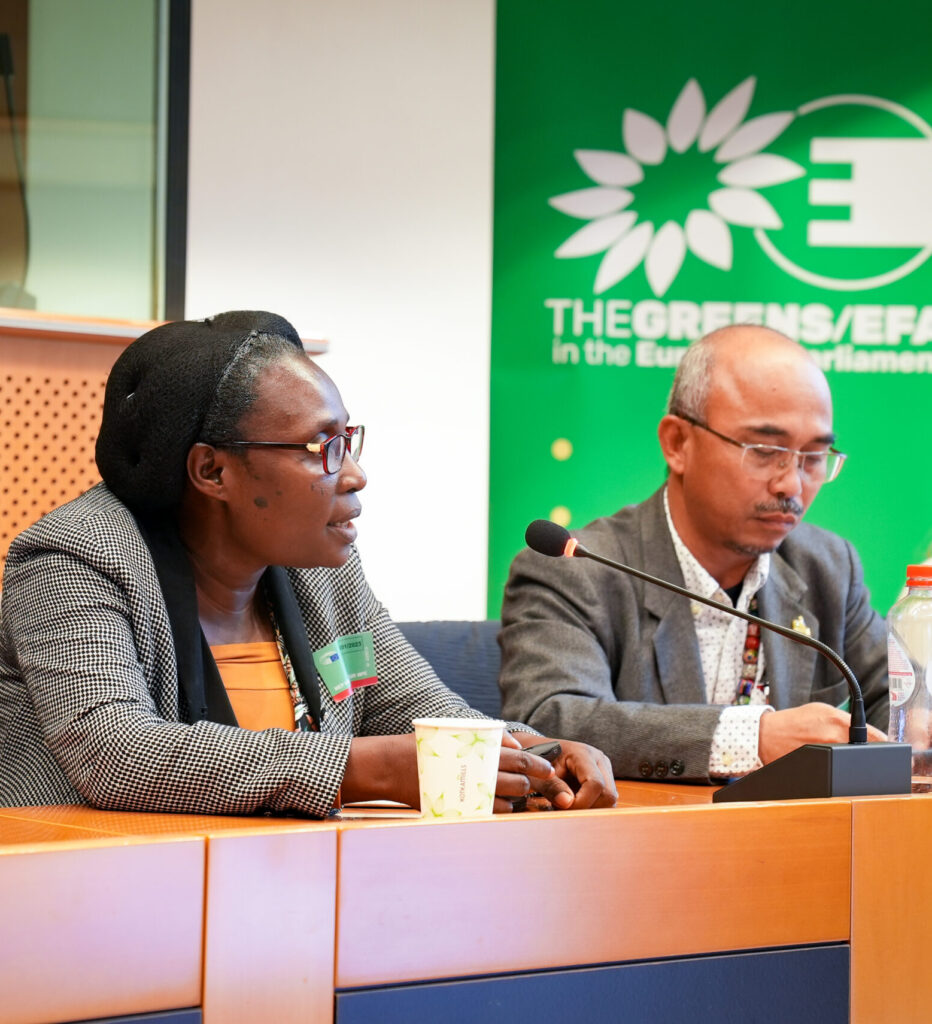
RECLAIM SUSTAINABILITY!
In January 2023, Solidaridad was involved in co-facilitating an event at the European Parliament in Brussels, whereby smallholder farmer representatives from Ghana, Côte d’Ivoire, Uganda, Mozambique and Malaysia were invited to speak about their perspectives on the Corporate Sustainability Due Diligence Directive (CSDDD). This ambitious directive has the potential to improve the working conditions and livelihoods of millions of workers and smallholder farmers, and their families.
This advocacy work is part of our ongoing RECLAIM Sustainability! programme (2021-2025), a 5-year consortium between Solidaridad, Fairfood, Business Watch Indonesia and TrustAfrica. In 2023, we undertook a mid-term review of this programme that we commissioned and had carried out by an external party. This mid-term review was a good opportunity for the consortium partners to reflect on our shared progress and collaboration, and identify where we need to take steps for further improvement in order to reach, and hopefully even exceed, our envisioned results. One of our key learnings was that for sustainability measures to be truly effective, local governments need to be closely involved.
Organization & Governance
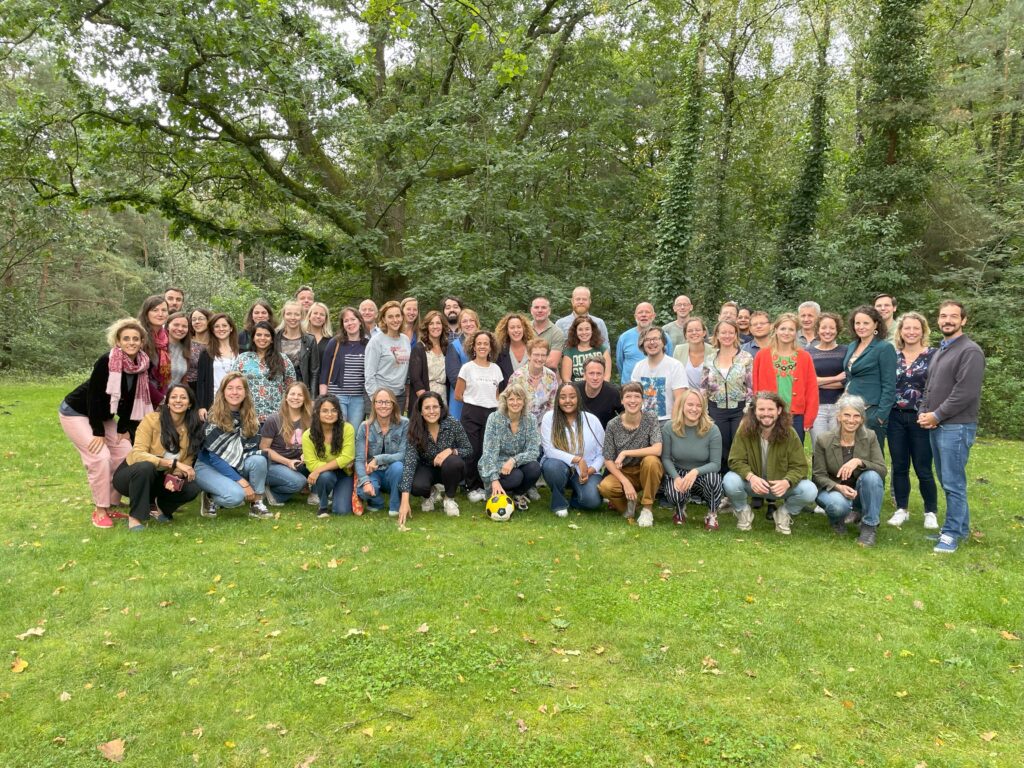
Organization
We recruited and onboarded many new colleagues in the course of 2023. Ten new employees from different nationalities joined us and added to our diversity. The goal of the diversity policy is that Solidaridad’s staff should reflect the European population as much as possible. We are happy to see that the new employees all fit in well in their teams, and we are looking forward to seeing them grow and blossom in our organization.
| Country | Female | Male | Total |
|---|---|---|---|
| Germany | 3 | 3 | 6 |
| Netherlands | 42 | 17 | 59 |
| Total | 45 | 20 | 65 |
Solidaridad has a job and salary framework that is based on job descriptions. The tasks and responsibilities are described for each job function. The functions are weighed on the basis of the following four characteristics: knowledge and experience, independence, social skills, and risks, responsibilities and influence. Solidaridad’s salary policy follows that of the Dutch government (BBRA).
Integrity
In 2023 zero integrity breaches were reported. The employee survey showed an overall score of 84 percent on integrity and values, with 82 percent of staff indicating they feel they can raise any concern they have, and 84 percent indicating they would report a breach known to them. This suggests the integrity system is working well and staff feel they have a safe place to work. Nonetheless, we will continue to improve and provide a safe place to work, while enabling safe participation in our projects.
Finance
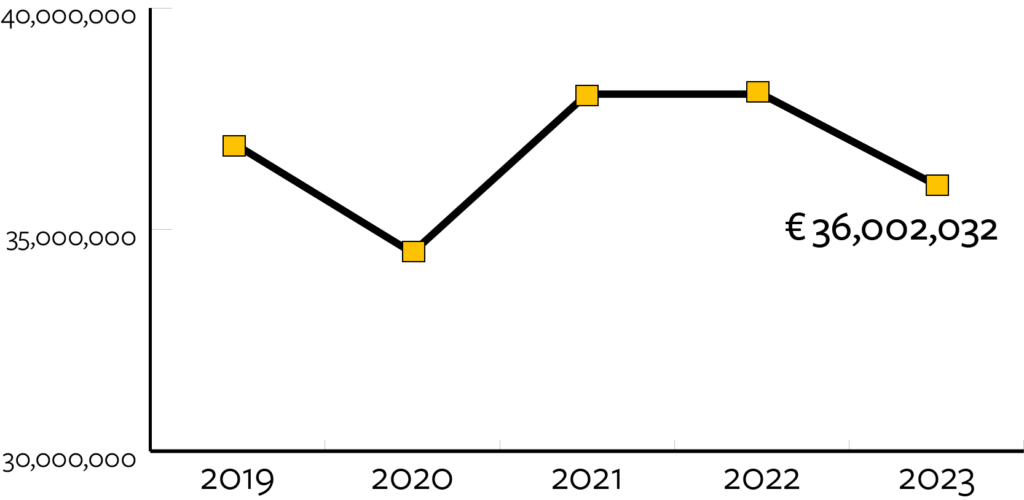
The total income in 2023 was 36,002,032 euros; a decrease of 2,054,726 euros compared to 2022. Income from subsidies increased by 3,958,124 euros compared to 2022, and was 278,092 euros higher than budgeted. The increase is mostly due to a new grant received from the Dutch Ministry of Foreign Affairs (Pathways to Prosperity). Income from other fundraising decreased by 6,012,850 euros compared to last year, and was 1,291,228 euros lower than budgeted. This is mostly due to the Dreamfund project of the Dutch Postcode Lottery.
The total expenditure in 2023 was 35,842,232 euros, which was 2,292,980 euros lower than in 2022, and 2,970,768 euros lower than budgeted. Of the total expenditure, 34,608,666 euros was spent directly on our objectives. Interest and income from investments was 38,706 euros. This led to a positive result of 198,506 euros in the statement of income and expenditure in 2023, whereas 2022 had a negative result of 165,650 euros. The result of 2023 was affected by movements in the reserves and designated funds that led to an addition of 428,199 euros to the continuity reserve.
The full audited annual statements of 2023 can be found below.

